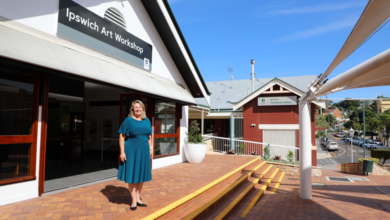Councillors who operate on social media have been put on notice by the Queensland Government with the release of social media guidelines by the Office of the Independent Assessor (OIA) in collaboration with the Local Government Association of Queensland (LGAQ).
The advice relates to platforms such as Facebook and defines the difference between a councillor’s official page and personal or family page.
All councillors are now required to keep any posts that constitute a public record and have those posts recorded on official council record keeping systems.
Local Government Minister Stirling Hinchliffe said the comprehensive set of social media guidelines was an important new resource for Queensland’s councillors.
Councillor social media guidelines
- the difference between a councillor’s official, election and private pages;
- how the Councillor Code of Conduct applies;
- moderation of comments; and
- how to recognise and capture posts which are public records.
“Councillor complaints tend to spike ahead of elections, so these new guidelines are particularly relevant leading into the March 2020 Local Government polls,” he said.
“They’re designed to assist councillors in their interactions with other social media users, and to avoid the unnecessary conflict and complaints.
“They clearly set out how councillors can deal with abusive, threatening and obscene social media posts and minimise the risk of complaints.
“Social media is an important communication tool for councillors that allows people to participate in open and constructive conversation.
“But it shouldn’t be used by councillors to shut down debate or block users they consider a nuisance.”
But it shouldn’t be used by councillors to shut down debate or block users they consider a nuisance.
The new guidelines also deal with the offensive side of social media that seeks to harass, carry hate speech or attack individuals. It includes specific reference to anonymous groups or pages setup to target, discredit and share false information.
It advises councillors not to engage with such pages and to use official Facebook complaint channels.
Any pages that are found to be setup by and/or informed by a councillor to attack another councillor would be investigated as misconduct.
Mr Hinchliffe said the OIA is now dealing with more than 600 complaints, including 36 complaints relating to the use of social media.
“Councillors who are identifiable as a councillor on a social media platform need to be aware their conduct on that site is subject to the Councillor Code of Conduct.”
To view the guidelines visit this website.


